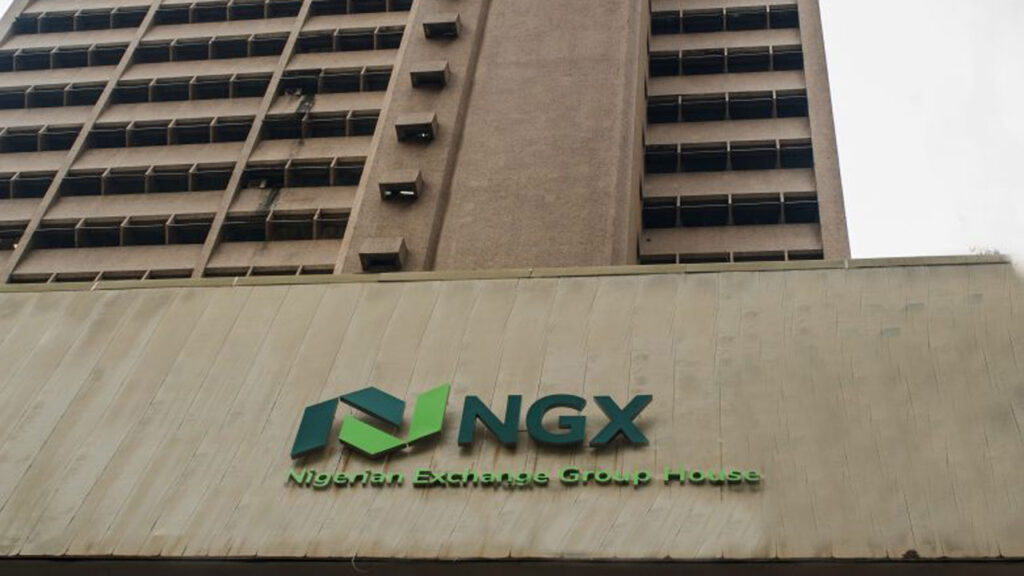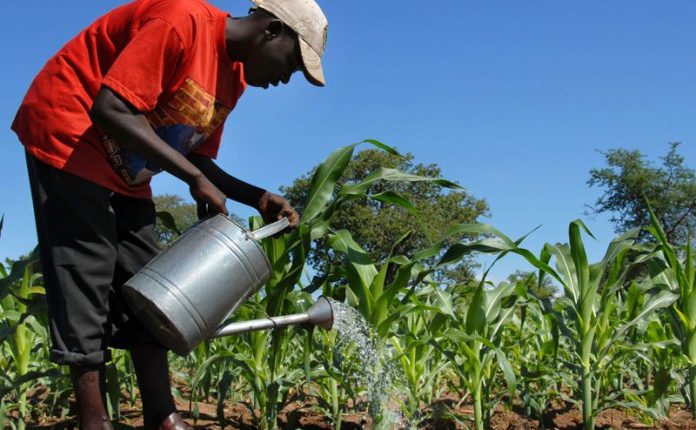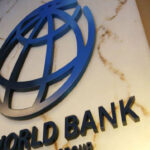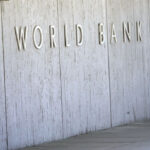
•Country slowing down West Africa’s growth
•105 million at risk of food insecurity
The various economic reforms being implemented by the federal government are yielding results and will boost economic growth by 3.3 per cent in the current year, the World Bank has said.
On the economic situation of the countries in sub-Saharan Africa, the World Bank noted that increased private consumption and declining inflation are supporting an economic rebound in the region.
It, however, submitted that recovery remains fragile due to uncertain global economic conditions, growing debt service obligations, frequent natural disasters, and escalating conflict and violence.
In its latest Africa’s Pulse report, the global bank insisted that transformative policies are needed to address deep-rooted inequality to sustain long-term growth and effectively reduce poverty.
In specific terms, the report said: Growth in Nigeria is projected at 3.3 per cent in 2024 and 3.6 per cent in 2025–26 as macroeconomic and fiscal reforms gradually start to yield results. A more stable macroeconomic environment, as the reforms’ initial shock dissipates, will lead to sustained but still slow growth.”
The report noted that economic activity in the Western and Central Africa (AFW) sub-region is set to increase from 3.2 per cent in 2023 to 3.7 per cent in 2024 and further accelerate to 4.2 per cent in 2025 and 26.
The World Bank blamed Nigeria for holding back the economic growth of the sub-region due to its economic woes.
“The sub-region’s performance will be held back by the lower-than-average growth in Nigeria. Excluding this country, the AFW subregion is projected to grow by 4.4 per cent in 2024 and five per cent in 2025–26. Within the subregion, economic activity in the West African Economic and Monetary Union (WAEMU) is projected to increase by 5.9 per cent in 2024 and 6.2 per cent in 2025 due to the solid performances of Benin, Côte d’Ivoire, Niger, and Senegal,” it stated.
Additionally, the report projects that growth will rebound in 2024, rising from a low of 2.6 per cent in 2023 to 3.4 per cent in 2024, and 3.8 per cent in 2025.
Amid a tenuous recovery, it noted that while inflation is cooling across most economies, falling from a median of 7.1 to 5.1 per cent in 2024, it remains high compared to pre-COVID-19 pandemic levels.
“Additionally, while growth of public debt is slowing, more than half of African governments grapple with external liquidity problems and face unsustainable debt burdens. Overall, the report underscores that despite the projected boost in growth, the pace of economic expansion in the region remains below the growth rate of the previous decade (2000-2014) and is insufficient to have a significant effect on poverty reduction,” it said.
Moreover, due to multiple factors including structural inequality, economic growth reduces poverty in Sub-Saharan Africa less than in other regions.
Commenting on the findings of the report, World Bank Chief Economist for Africa, Andrew Dabalen, said: “In a context of constrained government budgets, faster poverty reduction will not be achieved through fiscal policy alone. It needs to be supported by policies that expand the productive capacity of the private sector to create more and better jobs for all segments of society. Per capita GDP growth of one per cent is associated with a reduction in the extreme poverty rate of only about one per cent in the region, compared to 2.5 per cent on average in the rest of the world.”
The report pointed out that political instability and geopolitical tensions weigh on economic activity and may constrain access to food for an estimated 105 million people at risk of food insecurity due to conflict and climate shocks.
Sadly, it said African governments’ fiscal positions remain vulnerable to global economic disruptions, necessitating policy actions to build buffers to prevent or cope with future shocks.
Inequality in Sub-Saharan Africa remains one of the highest in the world, second only to the Latin America and Caribbean region, as measured by the region’s average Gini coefficient.
On his part, co-author of a forthcoming World Bank report on tackling inequality in Sub-Saharan Africa, Gabriela Inchauste, said: “Inequality in Africa is largely due to the circumstances in which a child is born and accentuated later in life by obstacles to participating productively in markets and regressive fiscal policies. Identifying and better addressing these structural constraints across the economy offers a road map for a more prosperous future.”













